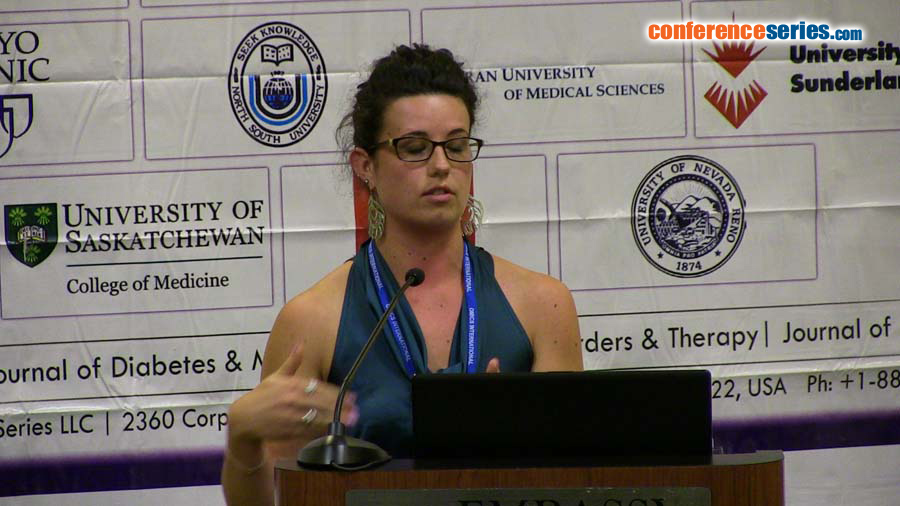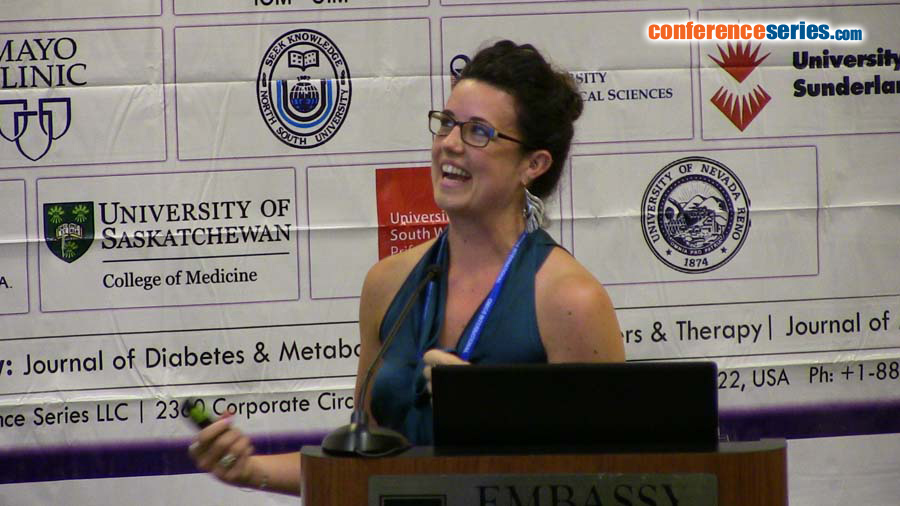
Marie Wallace, The
University of Texas at Austin, USA
Title: The psychotherapy of type 1 diabetes: Looking at type 1 diabetes and its effects on diabetic patients and their families through the lens of a therapist with T1D
Biography
Biography: Marie Wallace, The
Abstract
“You have Type 1 Diabetes” is not just a life-altering medical diagnosis given (typically) to a young child. That phrase changes a person’s reality, sense of self and vision for the future. Its implications permeate the entire family, social group and social network of the patient. A parent now encounters endless restless nights filled with worry and fear of a low blood sugar. A friend now carries extra glucose tabs and juice in her back pack. A teacher needs to learn the signs of hypo and hyperglycemia. A summer camp has to reject a potential camper because it is not prepared to deal with possible medical issues. A significant other has to learn how to administer glucagon. Each one of these changes heavily impacts the child with Diabetes. The psychological effects of Type 1 diabetes are far-reaching enough to critically alter socio-emotional well-being. Psychotherapy is a crucial component of the diabetes care team, not only for the child with diabetes, but also for the family. The period of adjustment is a difficult and stressful one and can produce long-lasting negative results if not worked through fully and thoughtfully. This talk will discuss the importance of psychotherapy for people with diabetes and their families as well as examine some of the big psychological hurdles and challenges typically caused by type 1 diabetes. I will conclude the talk with observations and deductions from my own case studies to highlight therapy’s role in the management of this disease.



